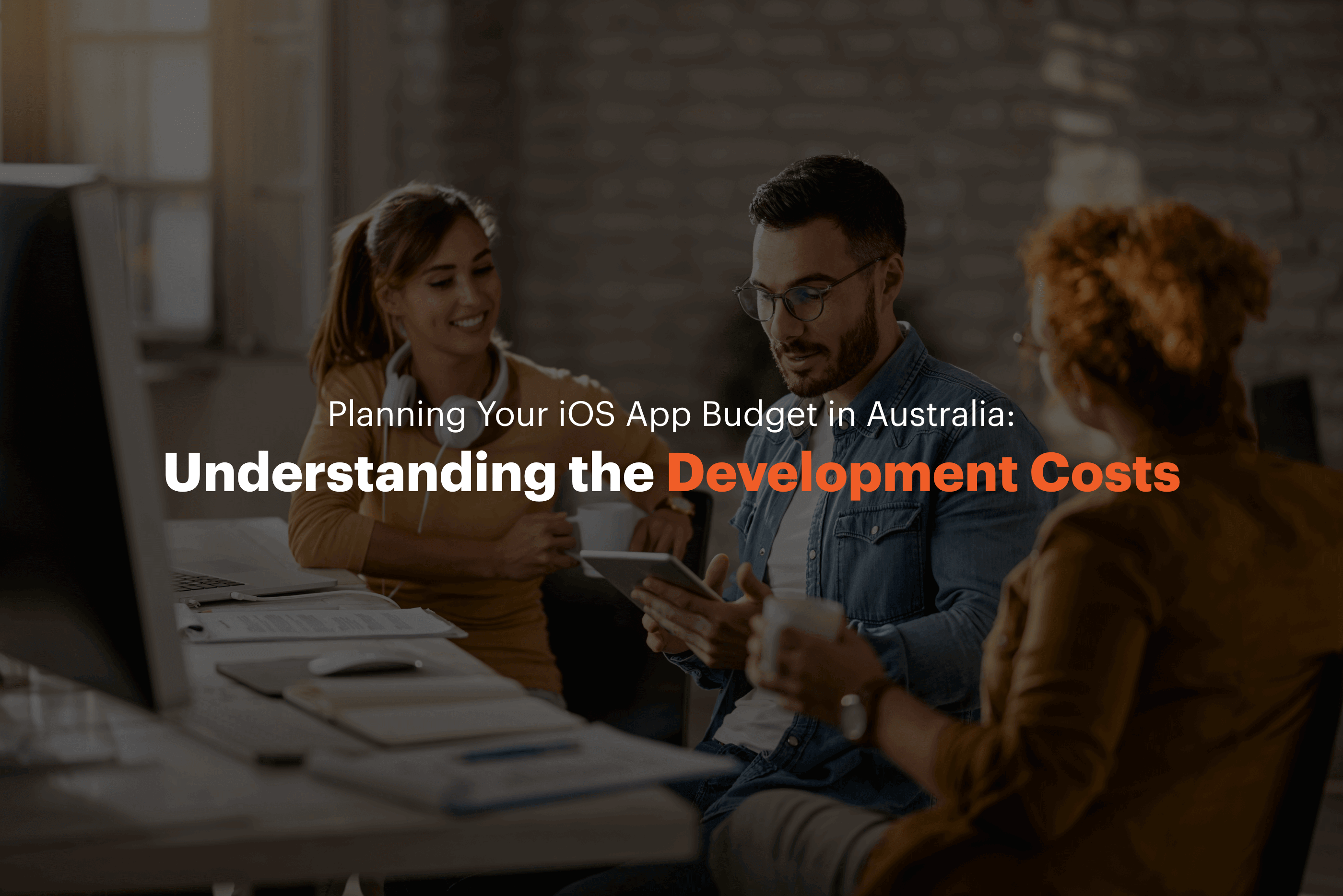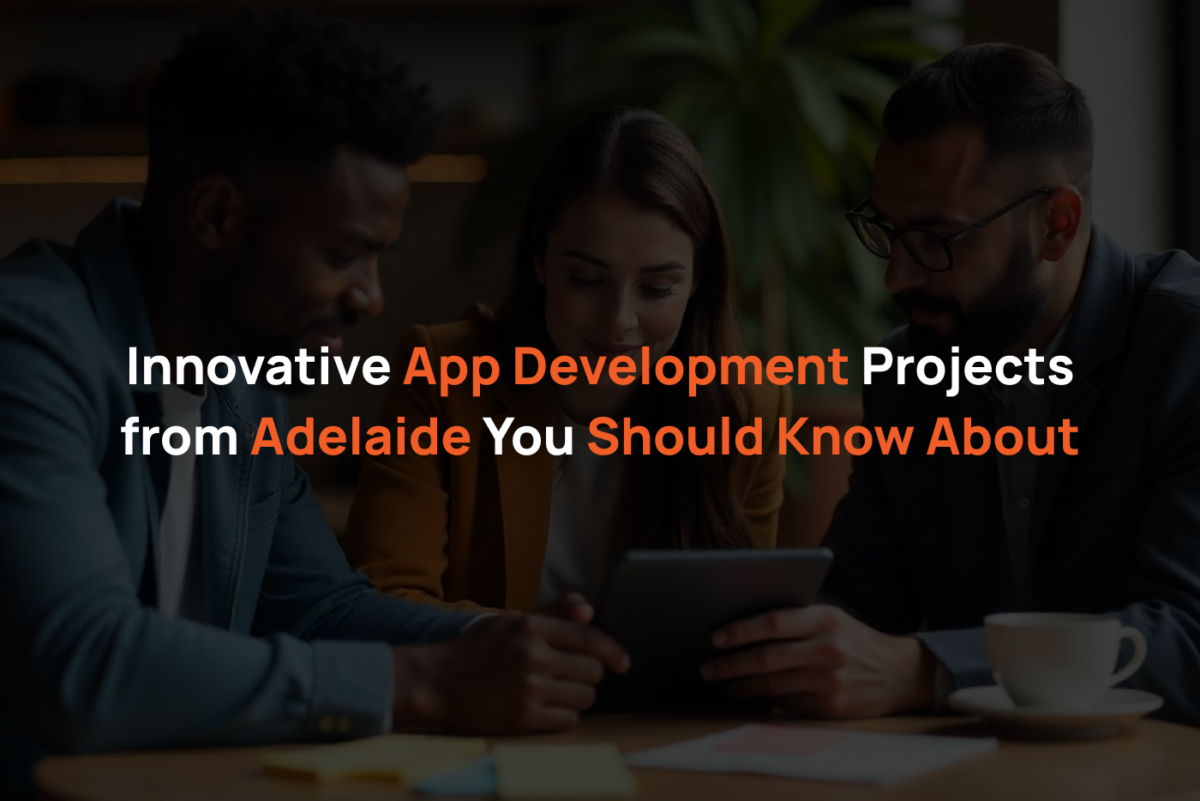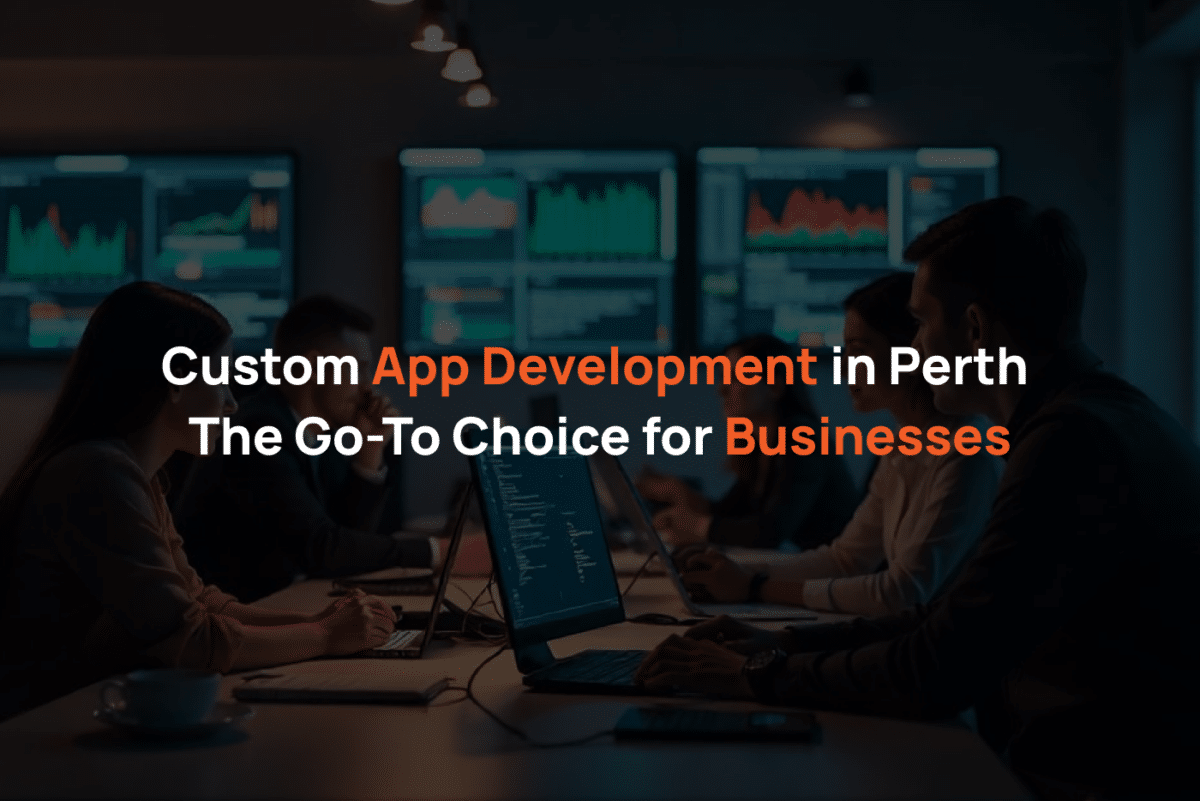Contact Us
If you have made it this far, you are here with a reason. You need our help! We are super friendly and genuinely care to help you succeed.
Enquire today to receive a FREE consultation with an App Guru.
Get in Touch
info [at] appgurus.com.au
With the increasing popularity of iOS devices in Australia, many businesses and individuals are eager to tap into the potential of the App Store by developing their own iOS applications. However, one of the crucial aspects that often holds them back is the budget required for iOS app development. Understanding the development costs is essential for proper planning and budgeting. In this article, we will dive into the factors that influence the budget of iOS app development in Australia.
App Complexity and Features
The complexity and features of your iOS app play a significant role in determining the overall development costs. The more complex the app, the more time and effort it will require from the development team. Consider the following aspects:
Basic Functionality: Simple apps with basic functionality, such as informational apps or basic utility apps, tend to have lower development costs. These apps typically consist of a few screens and limited features.
Moderate Complexity: Apps with moderate complexity, such as social networking apps or e-commerce apps, require more features and functionality. These apps involve user registration, login systems, payment gateways, APIs integration, and more. As a result, the development costs are higher compared to basic apps.
High Complexity: Highly complex apps, such as on-demand services or augmented reality apps, involve advanced features, real-time data processing, complex algorithms, and intricate user interfaces. Developing such apps requires expertise in various domains, and the costs associated with these projects are significantly higher.
Design and User Interface
The design and user interface (UI) of your iOS app are crucial for user engagement and retention. A well-designed app with an intuitive and visually appealing UI is likely to attract more users. However, achieving a great design requires skilled designers, which can impact your budget. Consider the following aspects:
Basic Design: Basic designs focus on functionality rather than intricate visual elements. These designs are simple and have limited customization options. Basic designs have lower costs compared to highly customized designs.
Custom Design: Custom designs involve tailored graphics, animations, and unique visual elements that align with your brand identity. These designs require skilled designers and may require additional time and effort, thus increasing the development costs.
Development Team and Expertise
The development team you choose for your iOS app project will significantly impact the budget. The costs of hiring iOS app developers in Australia vary based on their experience, expertise, and location. Consider the following aspects:
Freelancers: Hiring freelancers can be cost-effective, especially for small projects. Freelancers usually charge on an hourly basis or a fixed project rate. However, finding reliable freelancers with the required skill set may be challenging.
Development Agencies: Working with development agencies offers several advantages, including a team of professionals with diverse skills and experience. Agencies can handle the entire app development process, from design to deployment. While agencies may have higher rates compared to freelancers, they provide a comprehensive solution and save you from the hassle of managing multiple freelancers.
App Maintenance and Updates
App maintenance and updates are ongoing expenses that you should consider when planning your budget. After the initial development, your app will require regular updates to fix bugs, improve performance, and add new features. Maintenance costs are typically calculated based on the hourly rates of developers or agencies.
Testing and Quality Assurance
Thorough testing and quality assurance (QA) are essential to ensure your iOS app functions smoothly and provides a seamless user experience. Testing and QA involve identifying and fixing bugs, ensuring compatibility across different devices, and optimizing the app's performance. Allocating a budget for testing and QA is crucial to deliver a high-quality app to your users.
Additional Costs
Apart from the core development costs, there are additional costs that you should consider when planning your iOS app budget in Australia:
App Store Fees: In order to distribute your iOS app on the App Store, you need to enroll in the Apple Developer Program, which has an annual fee. As of 2021, the annual fee for individual developers is $99 USD, while the fee for organizations is $299 USD. These fees cover access to developer resources, app distribution, and app analytics.
Backend Development: Some apps require a backend infrastructure to support their functionality, such as server hosting, databases, APIs, and cloud services. Backend development costs depend on the complexity and scale of the backend system. If your app requires server-side processing or data storage, you must allocate a budget for backend development and hosting.
Third-Party Services: Depending on your app's requirements, you may need to integrate third-party services or APIs, such as payment gateways, social media platforms, analytics tools, or push notification services. These services often have their own pricing structures, and you should consider their costs when planning your budget.
Localization: If you plan to target a specific region or audience, you may need to localize your app by translating its content, adapting to local regulations, or adjusting the user interface to suit different languages and cultures. Localization costs depend on the number of languages you target and the extent of the changes required.
Marketing and Promotion: Developing a great app is just the first step. You need to invest in marketing and promotion activities to make your app successful. These can include app store optimization (ASO), digital advertising, social media marketing, influencer collaborations, and public relations. Allocating a budget for marketing and promotion is essential to ensure your app gets the visibility it deserves.
Legal Considerations: Depending on the nature of your app and the data it collects, you may need to comply with legal requirements, such as privacy regulations (e.g., GDPR or CCPA) or industry-specific regulations (e.g., healthcare or finance). Consulting with legal experts to ensure compliance and protect your app and users' data may incur additional costs.
Post-Launch Support: Once your app is launched, you will likely receive feedback from users and may need to address issues or make improvements. Allocating a budget for post-launch support and updates is crucial to ensure your app's long-term success and usability.
Intellectual Property Protection: If your app incorporates unique ideas, features, or designs, consider intellectual property protection, such as trademarks or patents. These legal processes can safeguard your app's uniqueness and prevent others from copying or imitating your concept.
In conclusion, planning your iOS app budget in Australia requires careful consideration of various factors. The complexity and features of your app, design requirements, the development team you choose, ongoing maintenance and updates, testing and quality assurance, as well as additional costs like app store fees, backend development, third-party services, localization, marketing, legal considerations, post-launch support, and intellectual property protection, all contribute to the overall budget. By thoroughly understanding these factors and making informed decisions, you can create a realistic budget and ensure the successful development and launch of your iOS app in Australia.


